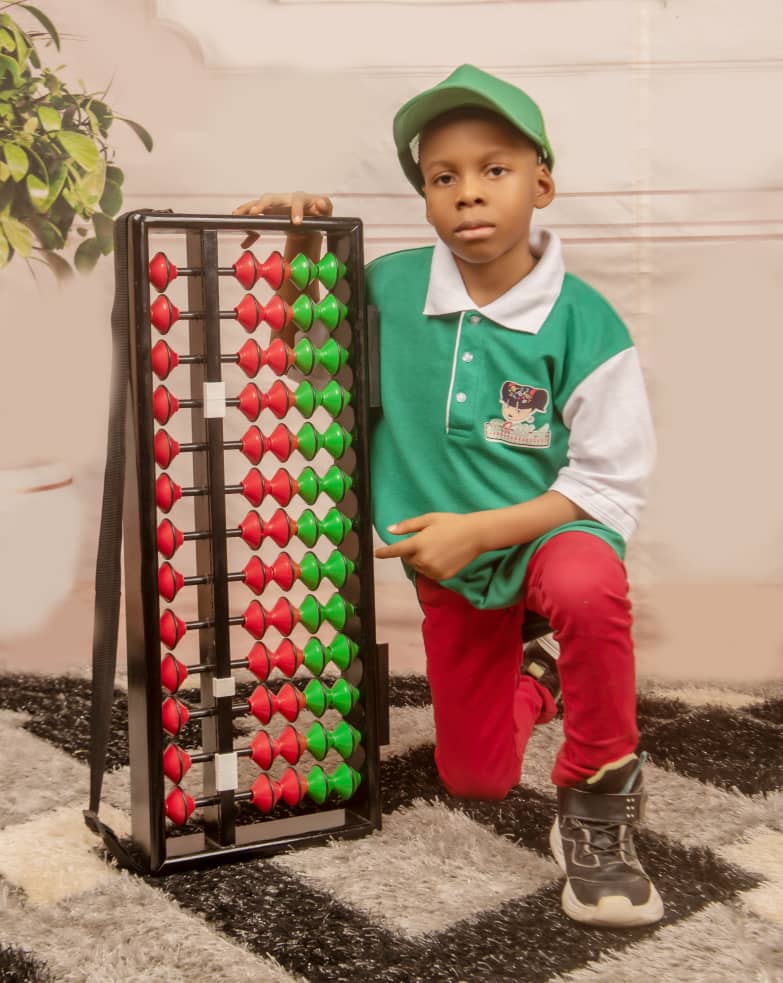When most people think of leadership, they imagine speeches, teamwork, and influence — but leadership starts much earlier, often in the smallest classrooms. Through abacus learning and leadership in children, we see that confidence, focus, and decision-making can be developed as early as age five.
In today’s world, where distractions are everywhere and attention spans are shrinking, parents are looking for tools that not only sharpen intelligence but also build character. That’s what abacus learning does — it trains the brain and shapes the person.
How Abacus Builds Leadership from the Inside Out
Abacus learning is more than just numbers. It’s a discipline that strengthens both sides of the brain, helping children think logically while also tapping into their creativity. These mental exercises lead to habits that reflect true leadership.
1. Confidence in Decision-Making
Every time a child solves an abacus problem mentally, they build courage to make independent decisions. They learn to trust their reasoning and intuition — qualities that turn quiet thinkers into bold decision-makers.
2. Focus and Self-Control
The abacus requires attention to detail. As children practice regularly, their ability to stay focused for longer periods grows. This habit spills into other areas of life, such as studying, teamwork, and even handling challenges calmly.
3. Communication and Teamwork
At SIMA Abacus, learning often happens in small teams. Children explain their answers, cheer one another on, and present during mental math contests. This builds emotional intelligence — the ability to connect, lead, and inspire others.
4. Resilience and Problem-Solving
Abacus learners understand that mistakes are stepping stones. When they get a calculation wrong, they learn patience and persistence — the mark of every great leader.
Real-Life Impact in Nigerian Classrooms
Teachers who have integrated abacus into their lessons notice that students become more confident in speaking and more cooperative during group work. Parents also report improved self-esteem at home.
The results are clear: children trained in abacus learning develop a growth mindset, a belief that challenges can be solved with effort and creativity — the foundation of leadership.

